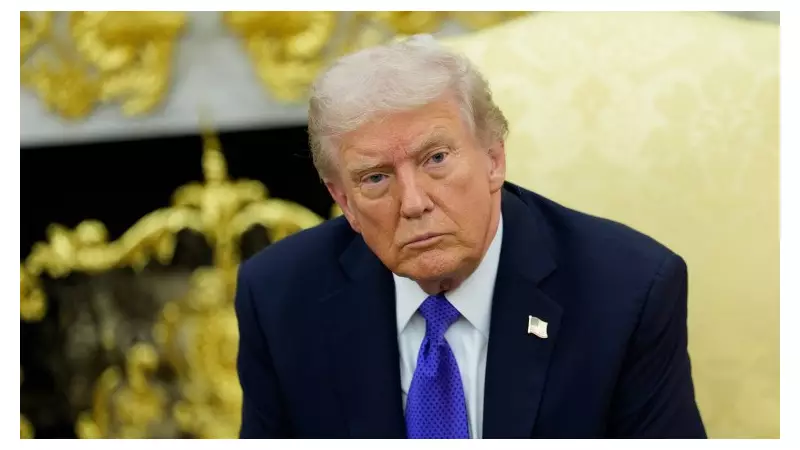
In a move that has sent shockwaves across the international community, President Donald Trump has given the green light for the United States to resume nuclear weapons testing for the first time in more than 30 years.
End of Nuclear Testing Moratorium
The groundbreaking decision marks the end of a testing moratorium that has been in place since 1992, when the United States last conducted underground nuclear tests. This development represents a significant shift in American nuclear policy that experts warn could trigger a new arms race.
Global Reactions and Concerns
International leaders and arms control advocates have expressed deep concern about the implications of this decision. Many fear that resuming nuclear testing could:
- Undermine global non-proliferation efforts
- Encourage other nuclear powers to resume testing
- Destabilize international security agreements
- Increase geopolitical tensions
Rationale Behind the Decision
According to administration officials, the move is necessary to ensure the reliability and safety of America's aging nuclear arsenal. Supporters argue that modern testing capabilities can provide crucial data about the current state of nuclear weapons that computer simulations cannot fully replicate.
Environmental and Health Implications
Environmental groups and public health experts have raised alarms about the potential consequences of renewed nuclear testing. Previous testing programs have been linked to:
- Radioactive contamination of testing sites
- Long-term health effects on nearby communities
- Environmental damage that persists for generations
- Atmospheric radiation concerns
The world now watches anxiously as the United States prepares to break a three-decade-long tradition of nuclear restraint, a decision that could reshape global security dynamics for years to come.





